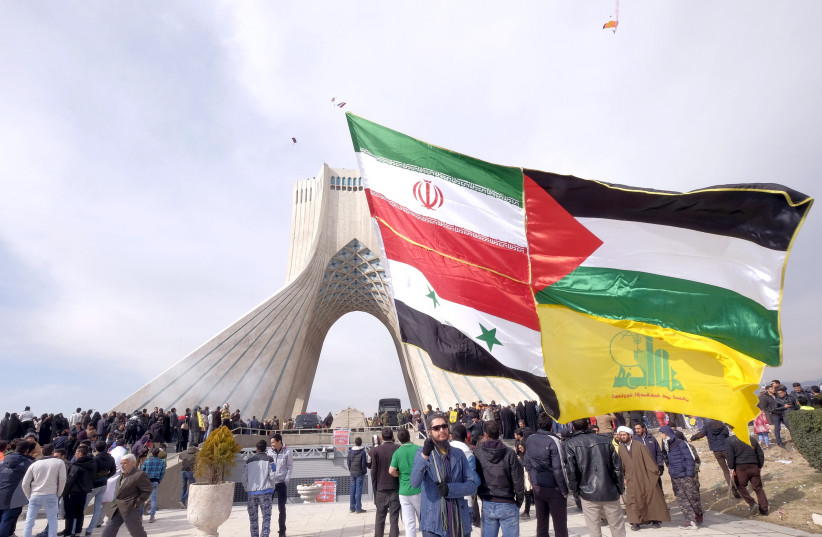Security and Strategic Affairs Analyst Faiz Al-Asmar claimed that the delay in Iran’s attack has caused it to lose the element of surprise, strengthening Israel, during an interview with the Saudi Al-Hadath channel.
He said, "In terms of the situation on the ground, it can be said that Iran and Hezbollah's delay in responding to the deaths of Ismail Haniyeh and Fuad Shukr have so far allowed Israel and the US to strengthen their position on the ground and use all means available. There is currently a warship that has recently arrived in the area. All of this has given Israel and the US the opportunity to increase their strength and deploy the necessary defense measures to repel the attack. As a result, Iran has essentially lost the most significant element in modern warfare, which is the element of surprise.”
"The statements of the leadership in Iran are part of a propaganda war designed to sow anxiety and fear in the Israeli public," he continued.
"I believe, as I mentioned, that Iran's response to the death of Ismail Haniyeh and the death of Fuad Shaker from Hezbollah is under heavy pressure. On one hand, Iran wants to retaliate against Israel and restore its honor in front of the 'Axis of Resistance' and its own people. On the other hand, it fears that its response will not be sufficient, and therefore, it wants to define the nature of its response carefully, fearing that it might open the gates of hell upon itself."
Regarding the timing of Iran and Hezbollah's responses, he said, "It has not been decided. It is possible that the response will be carried out simultaneously, taking into account the difference in time and distance. There are considerations from the ground, tactical considerations, and assessments of the situation, and therefore, it is possible that the response will be executed with attention to both distance and time."

Current rules of the game
"Any target that strikes Israel will affect the current rules of the game," he emphasized at the end of the interview.
"Israel is bombing villages and towns in southern Lebanon daily, which means that the rules of the game are not clearly defined. However, if Hezbollah escalates its attacks on Israeli bases, such as the IDF Intelligence Directorate headquarters, the Ministry of Defense headquarters, or even the 'Karish' oil field in the Mediterranean Sea, Israel might respond decisively against Hezbollah and drag Beirut into a war similar to the Gaza conflict."
